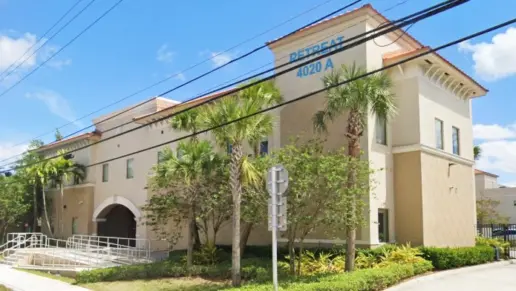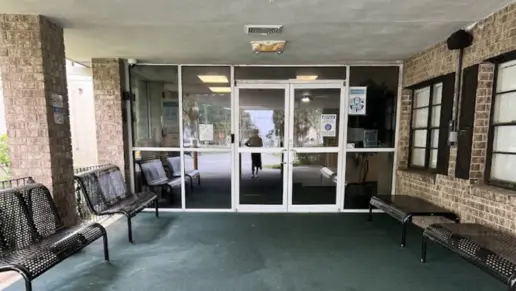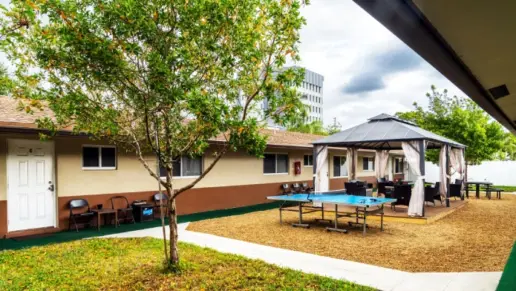We sent our son here over 10 years ago. He is still sober today. I pray he maintains his sobriety forever. We credit this facility and program coupled with our son's desire to get clean for his success. The family program was huge for us. We had no idea what we were dealing ...
About FHE Health
The Florida House Experience is an alcohol and drug rehab in Deerfield Beach, Florida. The center provides detox, medication assisted treatment, inpatient treatment, partial hospitalization programs, intensive outpatient programs, sober living, and aftercare programs for young adults and adults.
The residential detox program features a secure environment for clients to begin their recovery. FDA approved prescriptions, which can include methadone and buprenorphine, may be used to relieve cravings and ease withdrawal. Clients can then transition into an inpatient or outpatient program. Detox generally takes 5 days.
The inpatient program features medication management along with individual and group counseling. Clients receive psychiatric care and medical care, along with gym memberships, social services, and 24/7 supervision. Additional programs can include yoga, arts therapy, and music therapy. The program can last 21-90 days.
Partial hospitalization is a day program lasting from 7am to 3pm. Clients continue their treatment program without overnight stays. Cognitive behavioral therapy and dialectical behavioral therapy are used to address co-occurring mental and behavioral health disorders, including gambling addictions, as clients prepare for independent living.
The intensive outpatient program offers greater flexibility than partial hospitalization. Clients meet three hours a day for five days per week or five hours a day for three days per week as they continue their treatment program. Holistic therapy, including acupuncture, may be available.
The sober living option provides prolonged oversight as clients develop life skills and daily living routines. Clients perform chores, have a curfew, and participate in group support programs. Medical care and supervision are available to discourage relapse.
They offer care and support for all alumni. Referrals may be made to outside facilities and programs.
They are accredited by The Joint Commission, the Commission on Accreditation of Rehabilitation Facilities (CARF), and the National Association of Addiction Treatment Providers.
Florida House Experience offers self pay and financing options. The center is in network with Aetna, BlueCross/BlueShield, Carelon, Cigna, and ComPsych. Please check with your provider to verify coverage and out of network benefits.
Gallery
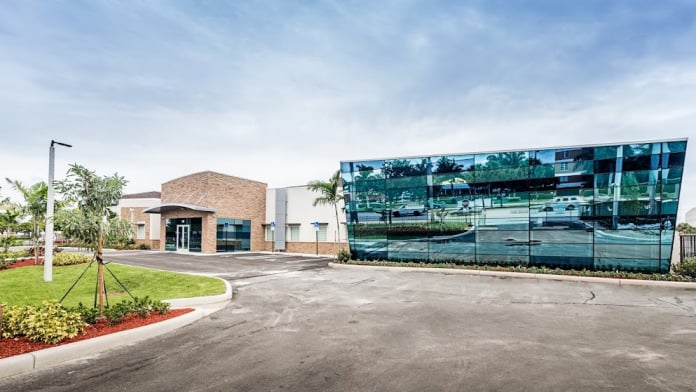
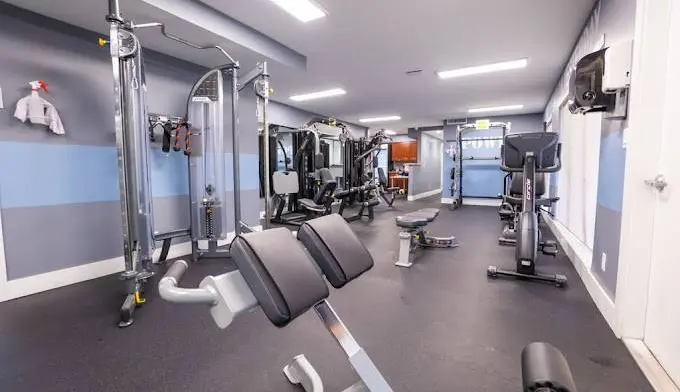
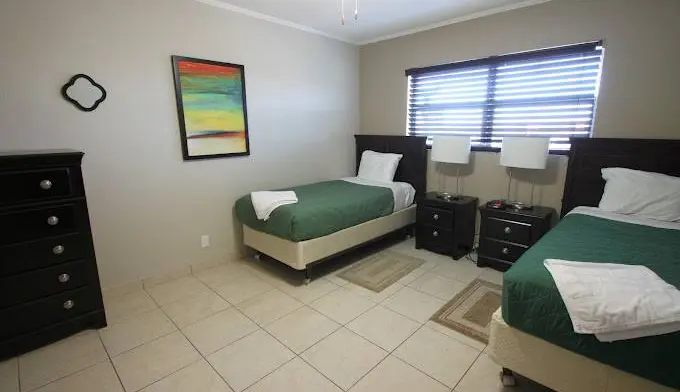
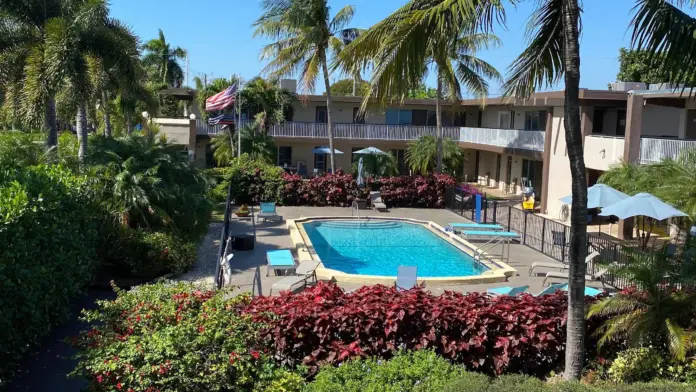
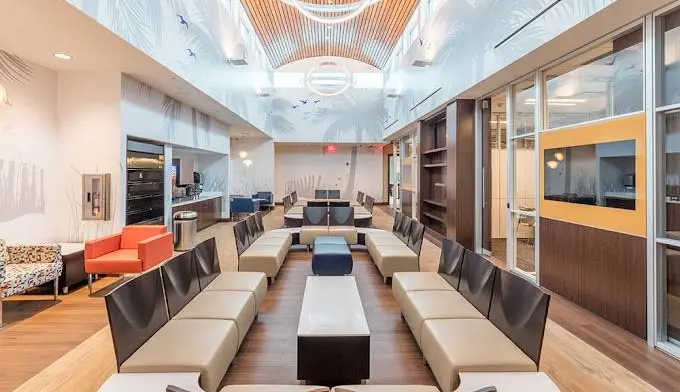
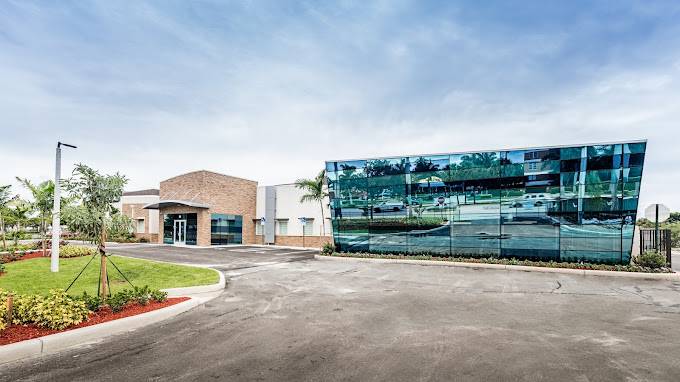
Location
Accepted Insurance
Other Forms of Payment
Private insurance refers to any kind of healthcare coverage that isn't from the state or federal government. This includes individual and family plans offered by an employer or purchased from the Insurance Marketplace. Every plan will have different requirements and out of pocket costs so be sure to get the full details before you start treatment.
Self-pay involves paying for treatment out of your own pocket. You can use savings or credit, get a personal loan, or receive help from family and friends to fund your treatment. If you don't have insurance or your insurance plan doesn't cover a specific program, self-pay can help ensure you still get the care you need.
Military members, veterans, and eligible dependents have access to specific insurance programs that help them get the care they need. TRICARE and VA insurance can help you access low cost or no cost addiction and mental health treatment. Programs that accept military insurance often have targeted treatment focused on the unique challenges military members, veterans, and their families face.
Addiction Treatments
Levels of Care
Treatments
The goal of treatment for alcoholism is abstinence. Those with poor social support, poor motivation, or psychiatric disorders tend to relapse within a few years of treatment. For these people, success is measured by longer periods of abstinence, reduced use of alcohol, better health, and improved social functioning. Recovery and Maintenance are usually based on 12 step programs and AA meetings.
Drug rehab in Florida provides quality treatment to help individuals overcome dependency related to a wide range of addictive substances. Programs address both the physical and mental aspects of addiction in order to help you make a full recovery.
Many of those suffering from addiction also suffer from mental or emotional illnesses like schizophrenia, bipolar disorder, depression, or anxiety disorders. Rehab and other substance abuse facilities treating those with a dual diagnosis or co-occurring disorder administer psychiatric treatment to address the person's mental health issue in addition to drug and alcohol rehabilitation.
A combined mental health and substance abuse rehab has the staff and resources available to handle individuals with both mental health and substance abuse issues. It can be challenging to determine where a specific symptom stems from (a mental health issue or an issue related to substance abuse), so mental health and substance abuse professionals are helpful in detangling symptoms and keeping treatment on track.
Opioid rehabs specialize in supporting those recovering from opioid addiction. They treat those suffering from addiction to illegal opioids like heroin, as well as prescription drugs like oxycodone. These centers typically combine both physical as well as mental and emotional support to help stop addiction. Physical support often includes medical detox and subsequent medical support (including medication), and mental support includes in-depth therapy to address the underlying causes of addiction.
Programs




Clinical Services
Creativity is inherently healing, and can help those in recovery express thoughts or feelings they might not otherwise be able to. Creative arts therapy can include music, poetry/writing, painting, sculpting, dance, theater, sandplay, and more. Unlike traditional art, the final product matters far less than the experience of creation and expression itself.
DBT is a type of cognitive-behavioral therapy developed by psychologist Marsha M. Linehan in the late 1980s. It was originally developed to treat borderline personality disorder, and since then has been used to treat a wide variety of mental disorders, including addiction. DBT emphasizes psychosocial aspects of treatment. This means that it focuses on social factors and individual thought and behavior. It is believed that certain people are predisposed to react in an over-the-top manner to normal emotional situations. These people have a much more intense rate of arousal and emotion than other people. They require less stimulation to become more excited and have a hard time returning back to normal levels where stimuli have been taken out of the equation.
Experiential therapy is a form of therapy in which clients are encouraged to surface and work through subconscious issues by engaging in real-time experiences. Experiential therapy departs from traditional talk therapy by involving the body, and having clients engage in activities, movements, and physical and emotional expression. This can involve role-play or using props (which can include other people). Experiential therapy can help people process trauma, memories, and emotion quickly, deeply, and in a lasting fashion, leading to substantial and impactful healing.
Eye Movement Desensitization and Reprocessing (EMDR) Therapy is integrated for certain clients as part of the treatment process at The Florida House, EMDR Therapy for Addiction Treatment experience. EMDR therapy is used primarily for treating trauma as a part of addiction rehabilitation. It is a psychotherapy that allows people to have reduced symptoms of emotional distress. EMDR helps make the process of therapy faster and more effective. Treatment that may have once taken months can take weeks, allowing for more effective treatment during addiction rehab.
Research clearly demonstrates that recovery is far more successful and sustainable when loved ones like family members participate in rehab and substance abuse treatment. Genetic factors may be at play when it comes to drug and alcohol addiction, as well as mental health issues. Family dynamics often play a critical role in addiction triggers, and if properly educated, family members can be a strong source of support when it comes to rehabilitation.
Group therapy is any therapeutic work that happens in a group (not one-on-one). There are a number of different group therapy modalities, including support groups, experiential therapy, psycho-education, and more. Group therapy involves treatment as well as processing interaction between group members.
In individual therapy, a patient meets one-on-one with a trained psychologist or counselor. Therapy is a pivotal part of effective substance abuse treatment, as it often covers root causes of addiction, including challenges faced by the patient in their social, family, and work/school life.
Life skills trainings involve all the skills a person must have in order to function successfully in the world. These include time management, career guidance, money management, and effective communication. Truly successful addiction recovery is based on the ability to not only live substance-free, but to thrive. Life skills teaches the practical necessities of functioning in society, which sets clients up for success in life, and therefore sobriety.
Nutritional planning is a form of food therapy that helps our clients better manage their diet during addiction treatment. Maintaining a healthy diet is difficult but having support from a trained nutritionist helps their patients renew health through good eating habits. Their patients find they have more energy and feel better when they incorporate nutritional planning into their addiction treatment plan.
Trauma therapy addresses traumatic incidents from a client's past that are likely affecting their present-day experience. Trauma is often one of the primary triggers and potential causes of addiction, and can stem from child sexual abuse, domestic violence, having a parent with a mental illness, losing one or both parents at a young age, teenage or adult sexual assault, or any number of other factors. The purpose of trauma therapy is to allow a patient to process trauma and move through and past it, with the help of trained and compassionate mental health professionals.
Therapists who apply cognitive behavioral therapy in Florida believe patient thoughts and behaviors are closely linked. They use this treatment method to help clients change their thought patterns so they can also change behaviors and break free from substance abuse.
As a short term therapeutic method, motivational interviewing in Florida requires only a couple of sessions. During these sessions, you'll have the opportunity to talk about your circumstances and any discrepancies between your current situation and future goals. You'll then decide for yourself what changes you want to make.
Amenities
-
Luxury Accommodations
-
Beach Setting
-
Yoga Studio
-
Wifi
-
Recreation Room
-
Swimming Pool
-
Meditation Room
-
Massage Room
-
Art Activities
-
Acupuncture Room
-
Gym
Accreditations

The Commission on Accreditation of Rehabilitation Facilities (CARF) is a non-profit organization that specifically accredits rehab organizations. Founded in 1966, CARF's, mission is to help service providers like rehab facilities maintain high standards of care.
CARF Accreditation: Yes

The Joint Commission, formerly known as JCAHO, is a nonprofit organization that accredits rehab organizations and programs. Founded in 1951, the Joint Commision's mission is to improve the quality of patient care and demonstrating the quality of patient care.
Joint Commission Accreditation: Yes

The National Association of Addiction Treatment Providers (NAATP) is a professional association that represents organizations in the field of addiction services. Founded in 1978, NAATP's mission is to advance addiction services and ensure that high-quality addiction treatment is available and accessible.
NAATP Member: Yes
Member ID: 562
Contact Information
505 South Federal Hwy 2
Deerfield Beach, FL 33441



